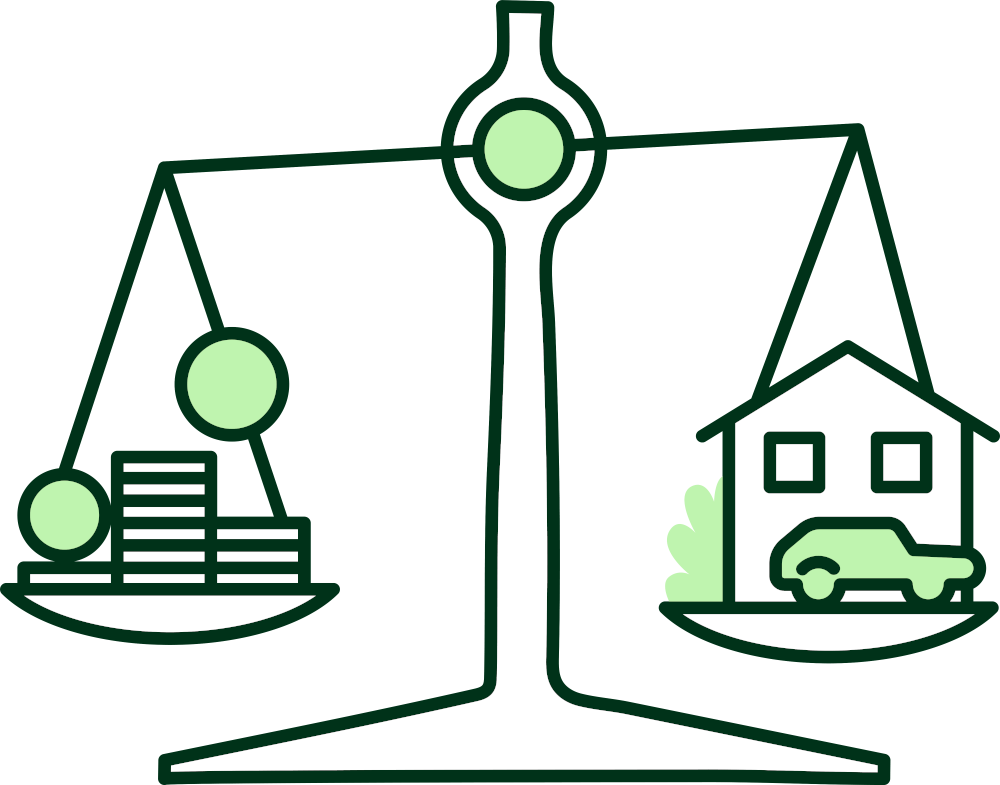What is a time order?
A time order is a way of asking the court to give you more time to pay if you are behind with your mortgage payments. It might be something you can do if your lender is taking court action to repossess your property.
With a time order, a court can change:
- The amount you have to pay each month.
- How long your agreement will last.
In some cases, the court can also change the interest rate.
Can I apply for a time order?
You will not be able to apply for a time order unless all of the following applies:
- a lender has provided you with credit;
- the debt is secured by a mortgage on land; and
- no more than 60% of the land is used for business purposes, leaving at least 40% of the land that is not.
There are other reasons why you may not be able to apply, so get help before trying to get a time order.
The rules in our guide to time orders for mortgages apply to most agreements that are secured on land, such as your mortgage or a secured loan. These are called regulated mortgage contracts.
Some agreements that are secured on land are not regulated mortgage contracts. This includes:
- Buy-to-let mortgages.
- Some secured loans if they are for business purposes.
- Some secured loans from a credit union.
When can I apply?
Usually you can only apply for a time order if a lender takes court action to repossess your property.
What should I think about when applying for a time order?
Make sure you show how you got into debt and why you took out the loan. Anything you can say to show that you are behind with payments through no fault of your own will help.
Think about these questions:
- Was the reason you took out the mortgage a good one?
- Could you afford the payments when you first took out the mortgage?
- Was this loan not appropriate for your needs when you took it out?
- Is your agreement very expensive?
- Have you taken out further credit since? If so, was there a good reason for this?
- Have you had a good payment record until the point that you stopped paying?
- What is the reason for your non-payment?
- Have you tried to sort out your problems and asked the creditor for a payment arrangement to show that you haven’t ignored the debt?
- Is your situation temporary and likely to improve in the future?


